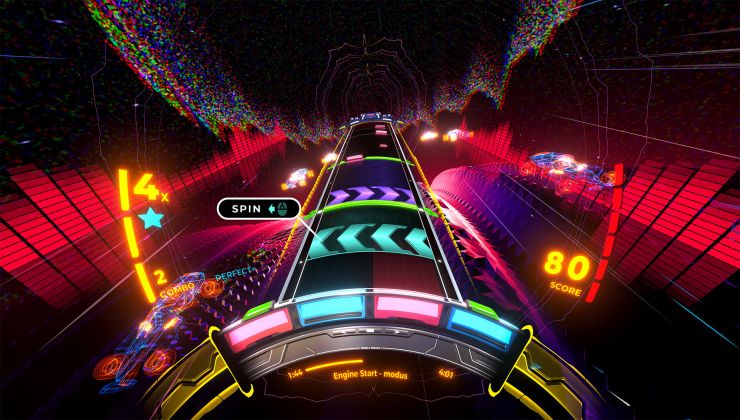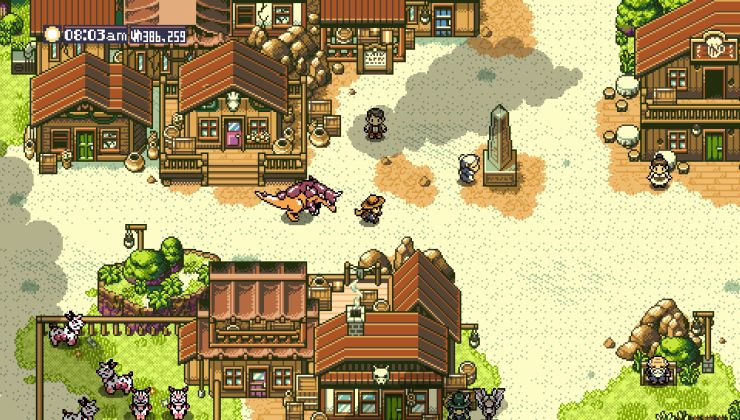Wi-Fi Dual Station is the name of what appears to be quite the leap for latency-sensitive gaming where a wired connection remains top but for how long? Probably forever but the gap is getting shorter.
Qualcomm together with Acer, AMD, Lenovo, Microsoft, Snapdragon Compute Platforms and Valve teamed up to enable this new tech that uses multiple Wi-FI bands and antennas concurrently. As they said in the press release "By simultaneously utilizing the 2.4 GHz and 5 GHz band (or 6 GHz where available), latency issues in one band can be easily resolved at a system-level both quickly and transparently to the end user".
Already supported on Steam from Valve with their Steamworks SDK but it's currently limited to Windows 11. As for Linux support? That remains to be seen. It probably won't be long before someone works on it.
Here's the thing though — we expect Valve at some point to come out with a wireless VR headset and there's been patents and leaks that give some good supporting evidence towards that (that we've covered in previous articles). A standalone set would no doubt run Linux too so this is likely part of Valve's plan.
"We’re seeing considerable reductions in jitter and packet loss with Wi-Fi Dual Station enabled, especially when the AP is heavily loaded," said Fletcher Dunn at Valve. "This is important for any online title, and especially beneficial for competitive online titles such as CS:GO and Dota 2. Games using the Steamworks SDK for networking will experience these same benefits with no added development time."
From what Valve developer Fletcher Dunn mentioned on Twitter in a short thread, some work on this will be added to their open source GameNetworkingSockets.
Terrible naming. I thought this was a standalone product until I read the press release. Now I'm only about 50% sure that it's a software stack? I'm still actually not sure what they're talking about here.It's both hardware and software. It needs at least by the sounds of it FastConnect 6900, along with the OS/Drivers to actually support using it like this.
I use wifi keyboard and mouse and have no issues with latency. Then again I only play at 4k 60hz, no doubt at 144hz there maybe a noticeable difference.
Firstly, are you sure it's wifi and not some other wireless tech like bluetooth, 433MHz or other custom stuff?
One of the issues here is AP and band congestion. If wi-fi is being used a lot, latency-sensitive signals might have to wait for their turn, or for retransmission, since only one device can emit on a given band at a given time (a bit less true with beamforming and MIMO, but I trust the principle still applies).
Last edited by MayeulC on 7 Oct 2021 at 8:52 am UTC
Firstly, are you sure it's wifi and not some other
I meant to say Wireless, so yes I think mouse is bluetooth and keyboard 2.4? K800 keyboard and G604 mouse (logitech brands). Long battery life devices (1-3months)
Probably just some wifi-6 features being wrapped up in nice marketing terms to convince everyone they need this, and to get ahead of the competitors (forcing them to be compliant to whatever wifi quirks Qualcomm have).
Lets hope so. proprietary software/hardware that goes outside of industry standards (especially wireless transmitters) are usually horrible for everyone else that's on the (regulated) 802.11 standards.
But im sure it's fully compliant.
Probably just some wifi-6 features being wrapped up in nice marketing terms to convince everyone they need this, and to get ahead of the competitors (forcing them to be compliant to whatever wifi quirks Qualcomm have).
Lets hope so. proprietary software/hardware that goes outside of industry standards (especially wireless transmitters) are usually horrible for everyone else that's on the (regulated) 802.11 standards.
But im sure it's fully compliant.
I assure you, 802.11 implementations and standards compliance are only very loosely connected. Some can't even get the beacon timestamps correct (oh wow were they ever so much fun to work with).
No, they were not. I had that pleasure. But well, it was a broadcom product - what did I expect, their quality always has been utterly garbage, software and hardware side.








 How to set, change and reset your SteamOS / Steam Deck desktop sudo password
How to set, change and reset your SteamOS / Steam Deck desktop sudo password How to set up Decky Loader on Steam Deck / SteamOS for easy plugins
How to set up Decky Loader on Steam Deck / SteamOS for easy plugins
See more from me